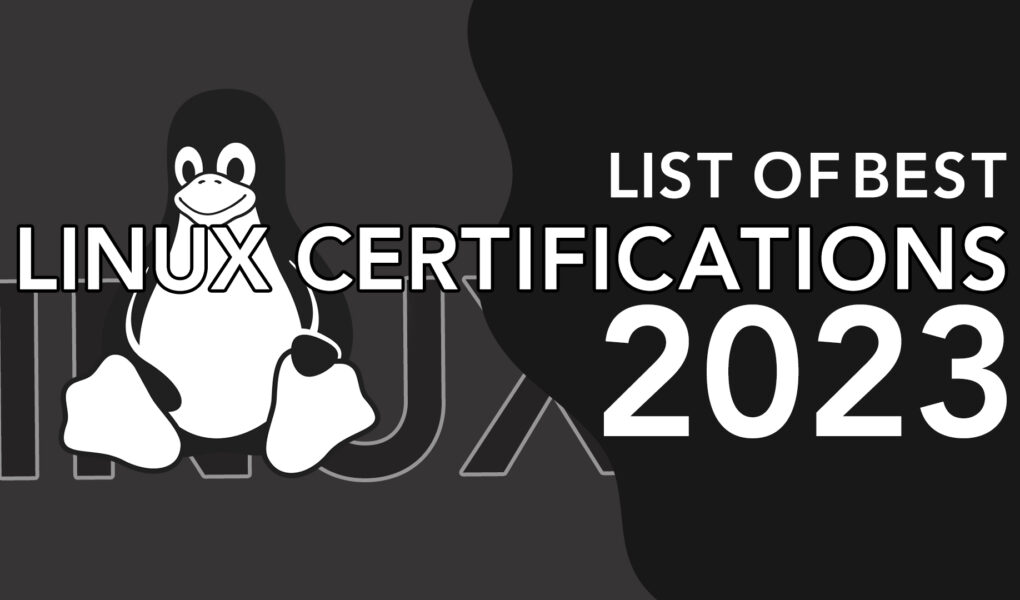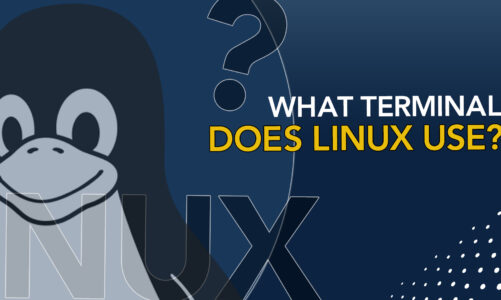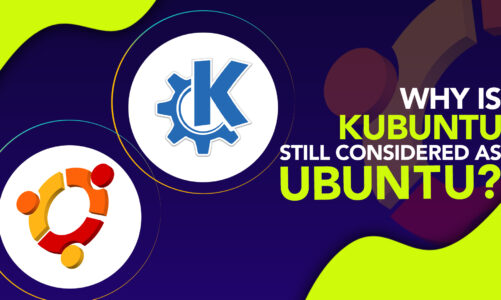The IT industry is evolving at an unprecedented pace, and with this rapid progression, the demand for certified professionals is skyrocketing. Among various IT skills, Linux is one of the most sought-after due to its robustness, security, and versatility.
As a result, obtaining Linux certifications can greatly enhance your career prospects. But with the plethora of options available, which one should you go for? This article will shed light on the best Linux certifications you should consider in 2023 and save time and resources going elsewhere.
Introduction to Linux Certifications
Linux, an open-source operating system, is loved by many for its flexibility and freedom. It’s the backbone of many IT infrastructures, powering servers, cloud platforms, and mobile devices. Having proficiency in Linux within the IT industry can open numerous doors of opportunity.
Linux certifications validate your knowledge and skills on the Linux operating system. They provide a pathway to demonstrate your expertise to potential employers, giving you an edge in the highly competitive IT job market.
Market Demand for Linux Skills
The market demand for Linux skills has never been higher. Businesses of all sizes seek professionals who can effectively manage their Linux-based systems. Having a Linux certification validates that you possess the necessary skills, making you a valuable asset to any organization.
Best Linux Certifications in 2023
In 2023, here are the top Linux certifications that stand out from the rest and can significantly boost your career.
1: CompTIA Linux+
CompTIA Linux+ is an esteemed certification that focuses on the necessary skills for Linux administrators at the junior level. It’s an excellent choice for those starting their Linux journey, providing a comprehensive understanding of the system’s operations, including system architecture, GNU and Unix commands, user interfaces, and desktops, among other areas.
Why CompTIA Linux+?
CompTIA Linux+ is vendor-neutral, meaning the knowledge and skills you gain can be applied across various distributions, increasing your versatility in the job market. Not only does it cover essential Linux administration knowledge, but it also touches on security, automation, and scripting, making it an all-encompassing starting point for Linux novices.
2: Red Hat Certified Engineer (RHCE)
The Red Hat Certified Engineer (RHCE) is a prestigious certification for Linux network administrators. It’s designed for experienced professionals and goes beyond the basics, delving into areas like static routes, packet filtering, and network address translation.
Why RHCE?
What sets RHCE apart is its practical, performance-based examination process. Candidates are tested on real-world tasks, reflecting the challenges you will face in the field. This thorough examination process makes the RHCE globally recognized and respected, often leading to advanced job roles and higher salaries.
3: Linux Professional Institute Certification (LPIC)
The Linux Professional Institute Certification (LPIC) is a multi-level program that incrementally tests your Linux abilities. The program starts with LPIC-1 for Linux administrators, followed by LPIC-2 for engineers, and LPIC-3 for enterprise professionals.
Why LPIC?
The LPIC’s multi-level structure allows you to progress at your pace, making it suitable for both beginners and experienced professionals. It’s also distribution-neutral, testing competencies applicable to various Linux distributions. The LPIC is recognized globally and is a trusted indication of comprehensive Linux knowledge and skills.
4: Oracle Linux OCA & OCP
Oracle offers two levels of Linux System Administration certifications: the Oracle Certified Associate (OCA) and Oracle Certified Professional (OCP). The OCA is a fundamental certification, whereas the OCP is more advanced, covering more complex administration tasks.
Why Oracle Linux OCA & OCP?
These certifications are particularly valuable if you plan to work with Oracle’s Linux-based servers and systems. The OCA and OCP validate your ability to install, administer, and troubleshoot Oracle Linux, making you an invaluable asset to any organization using this system.
5: GCUX: GIAC Certified Unix Security Administrator
The GIAC Certified Unix Security Administrator (GCUX) is a specialized certification focusing on Unix and Linux security. It covers areas like password security, access controls, and Unix-based applications.
Why GCUX?
In an era where cyber threats are a significant concern, the GCUX stands out for its emphasis on security. The certification validates your ability to secure Unix and Linux systems, a highly sought-after skill in today’s IT industry.
6: Linux Foundation Certified System Administrator (LFCS)
The Linux Foundation Certified System Administrator (LFCS) is another highly recognized Linux certification. The LFCS certification is designed to validate a candidate’s proficiency in performing the core system administration skills required in a Linux environment.
Why LFCS?
The LFCS certification stands out because it is performance-based, just like the RHCE. This means the test involves real-world tasks executed on a live system. Therefore, passing this exam demonstrates that you possess the practical and technical knowledge needed to manage a Linux enterprise system.
Conclusion
Investing in a Linux certification is a strategic move to propel your career forward in the IT industry. The certifications mentioned above are esteemed and widely acknowledged within the industry. Select the one that aligns with your career aspirations and embark on your journey towards mastering Linux.



